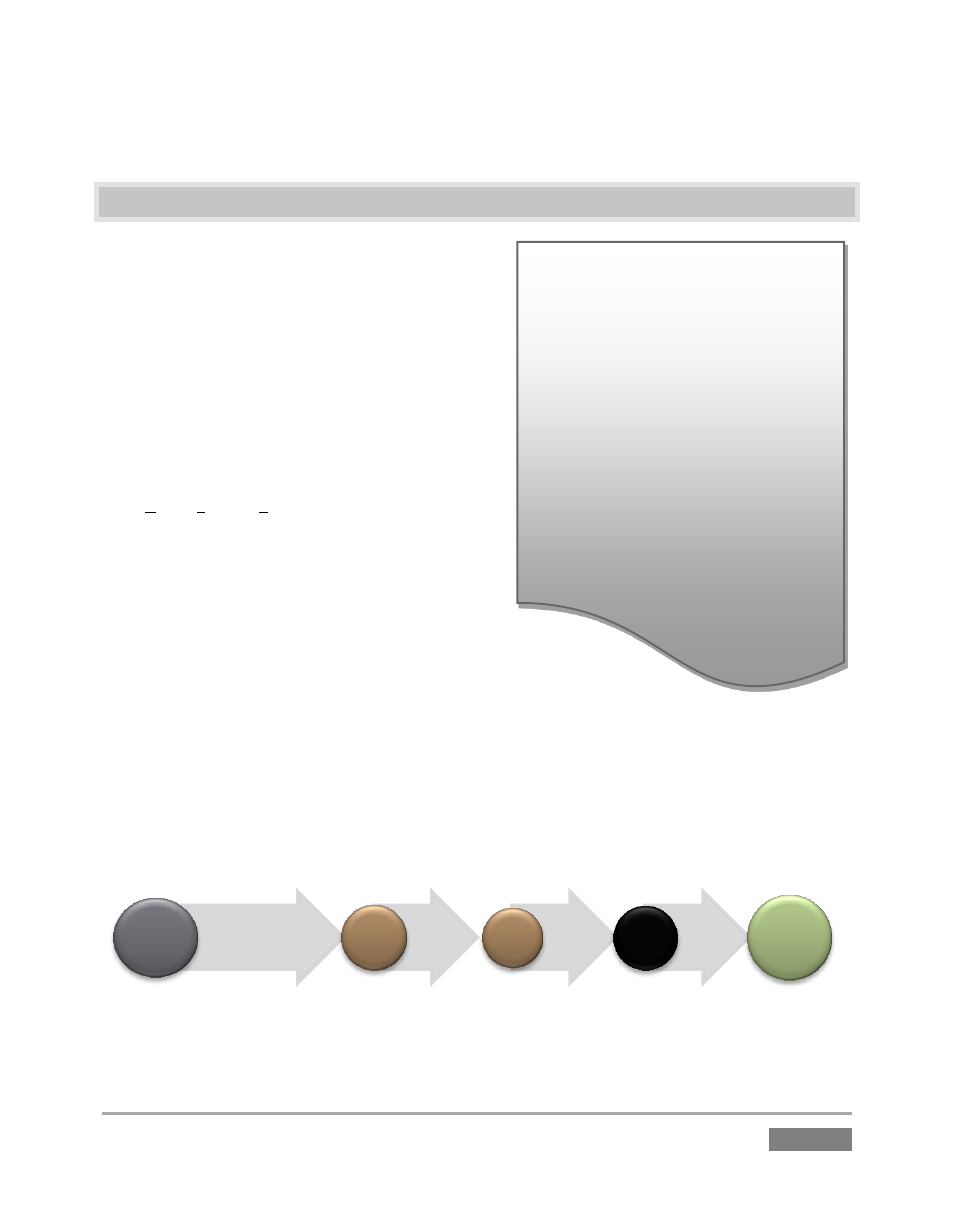Video layers – NewTek TriCaster 855 User Manual
Page 165

Page | 149
The Background (BKGD) layer supplies
the ‘bottom-most’ video layer, seen
behind any other layers shown on
Program Out.
At any given moment, BKGD may
consist of a mix of video streams from
Program and Preview rows, or even a
more complex composition formed
from the numerous sources of one or
even more Virtual Inputs.
8.2 VIDEO LAYERS
The concept of video layers is central to
understanding how TriCaster’s Switcher and
Transition controls relate to one another, and how
they combine to form the video seen on Program
Out.
TriCaster’s Background layer (often shortened to
simply ‘BKGD’) is always the base for the video
composition displayed on Program out.
DSK (Down Stream Keyer, or ‘overlay’) layers may
or may not appear above (or, if you like, in front of)
the Background. DSK layers are typically used for
overlaying graphics, titles, etc., though they may
serve other purposes as well.
In addition to BKGD, three additional ‘primary
layers’ can contribute to TriCaster’s final Program
output at any given moment:
Two overlay layers, DSK 1 and DSK 2, are composed above the BKGD layer on output.
DSK 2 appears ‘in front of’ DSK 1 on Program Output – that is, closest to the viewer.
FTB (Fade to Black) constitutes a final overlay layer – one that obscures all other layers
when applied.
• Program
• Preview
BKGD
DSK
1
DSK
2
FTB
Program
Out
